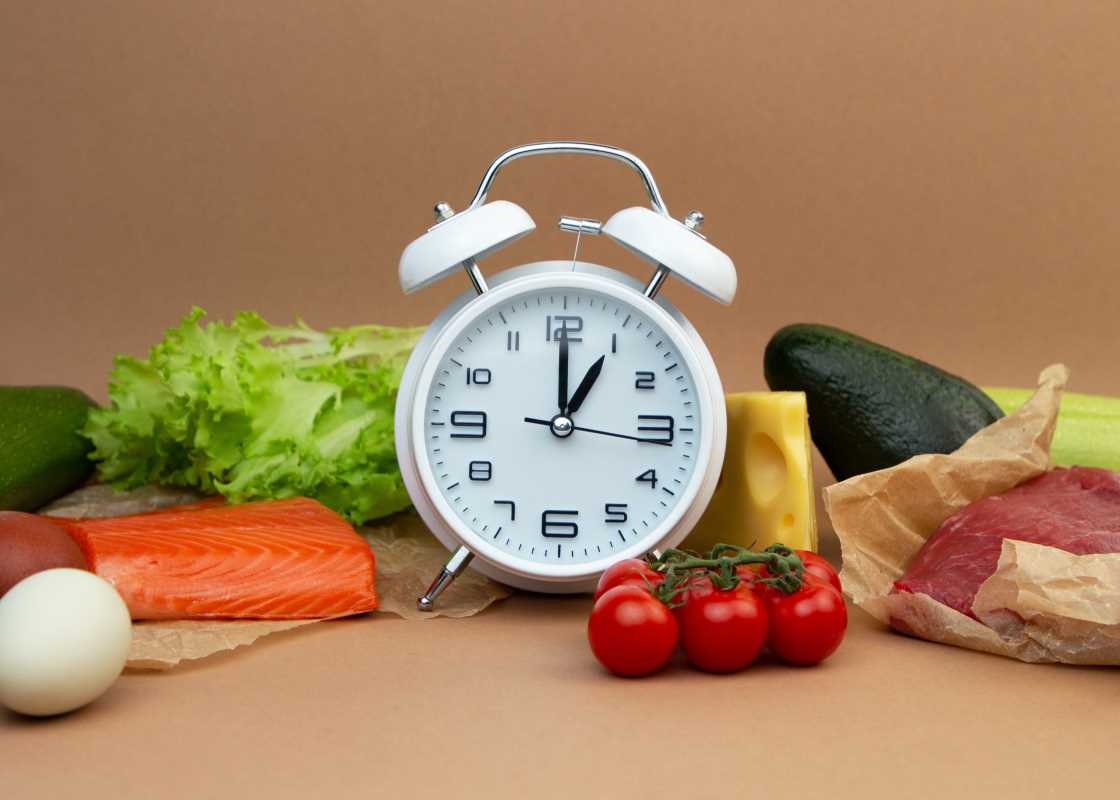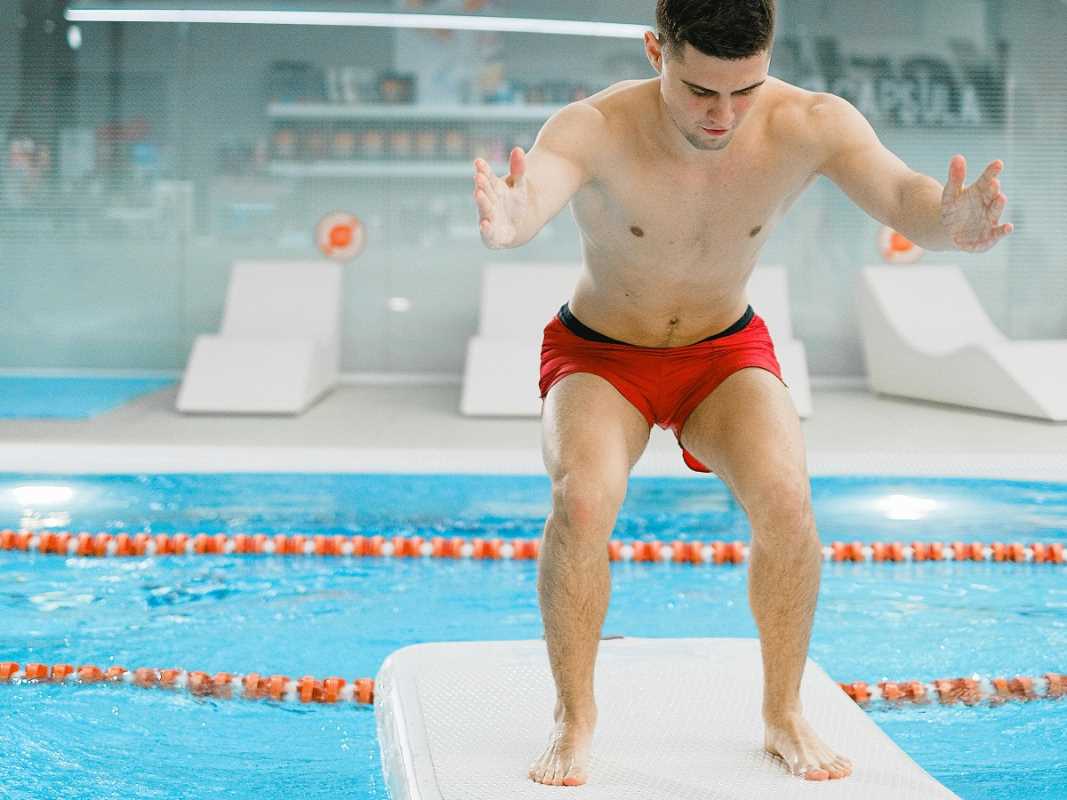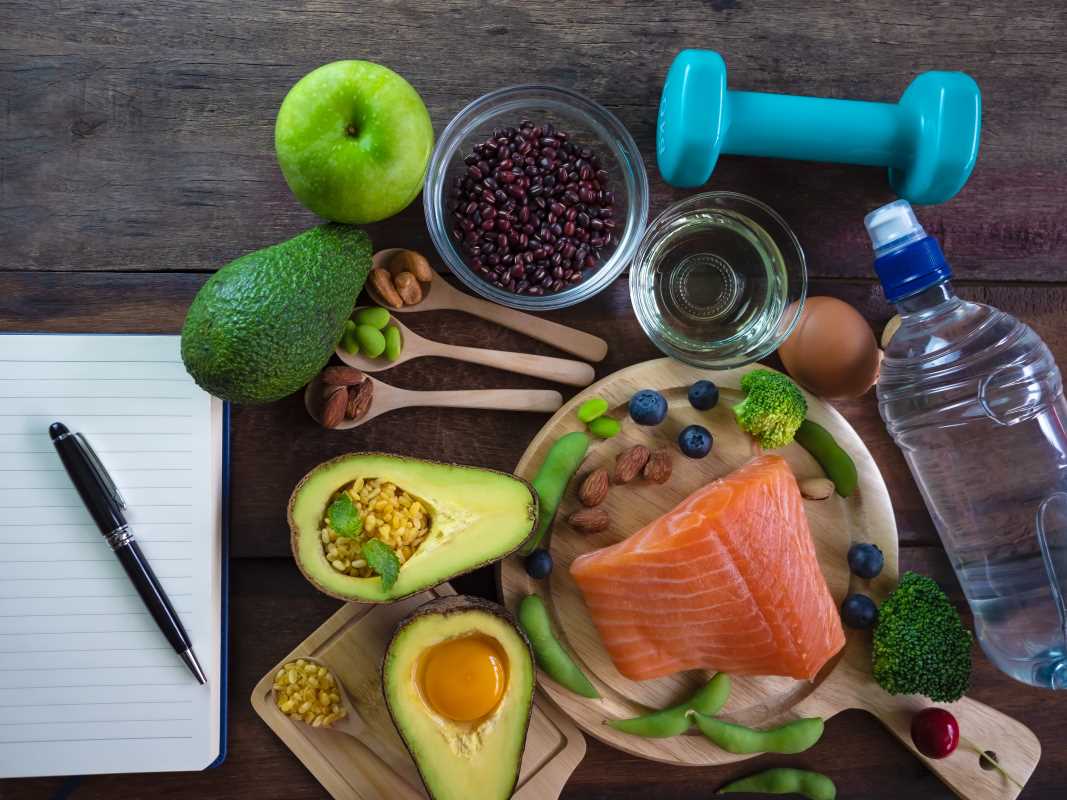Sprinters constantly push their bodies to the brink, always on the hunt for that extra edge to trim precious fractions of a second from their race times. A critical factor that often sets apart the winners is their attention to nutritional timing. By carefully planning their meals and snacks, they can fine-tune their energy levels, boost their performance, and enhance their recovery process. Knowing when and what to eat in harmony with their training schedule unlocks the full potential of their sprinting capabilities, making all the difference on the track.
The Science Behind Nutritional Timing
Nutrition isn’t just about what you eat, but also when you eat it. The timing of nutrient intake plays a pivotal role in fueling your workouts, supporting recovery, and ultimately improving your sprinting performance. Here’s how it works:
- Glycogen Stores: Consuming carbohydrates before exercise replenishes glycogen stores, providing readily available energy during sprints.
- Protein Synthesis: Protein intake after workouts promotes muscle repair and growth, essential for sprinters who constantly demand high-intensity performance.
- Hormonal Balance: Timely nutrition helps regulate hormones related to stress and recovery, ensuring your body remains in an optimal state for training.
- Hydration: Proper fluid intake before and during workouts maintains electrolyte balance and prevents fatigue.
Pre-Workout Nutrition
Your food choices before sprinting can significantly impact your performance. Focusing on the right foods and timing them appropriately ensures that your body has the necessary fuel to excel. Aim to consume a balanced meal 2-3 hours before training, combining carbohydrates and protein to sustain energy levels and prevent muscle breakdown.
- Oatmeal with Berries: Provides complex carbs and antioxidants to energize your run.
- Whole Grain Toast with Peanut Butter: Combines healthy fats and protein for sustained energy.
- Greek Yogurt with Honey: Offers a quick source of protein and simple carbohydrates.
- Banana and Almonds: A portable snack rich in potassium and healthy fats.
During Workout Fueling
Maintaining energy levels during intense sprint sessions is crucial. Although sprinting sessions are typically short, staying hydrated and having quick-access energy sources can make a difference, especially during extended training periods.
- Hydration: Sip on water or an electrolyte drink to replace lost fluids and maintain performance.
- Energy Gels: Provide a quick boost of carbohydrates without weighing you down.
- Sports Drinks: Offer a combination of sugars and electrolytes to keep your energy up and prevent cramps.
Post-Workout Recovery
Recovery is when your body rebuilds and strengthens itself after the stresses of sprinting. Consuming the right nutrients post-workout can accelerate this process, reducing muscle soreness and preparing you for your next training session.
Focus on a combination of protein and carbohydrates within 30 minutes after your workout. This helps replenish glycogen stores and repairs muscle tissues effectively. Examples include a protein shake with a banana, grilled chicken with quinoa, or cottage cheese with pineapple.
Common Mistakes and How to Avoid Them
Even the most dedicated sprinters can fall into common nutritional pitfalls. Being aware of these mistakes and knowing how to correct them can make a significant difference in your performance.
- Skipping Pre-Workout Meals: Missing a pre-workout meal can lead to low energy and decreased performance. Always plan your meals to ensure you’re fueled before training.
- Overeating Right Before Sprinting: Consuming large meals too close to your workout can cause discomfort and sluggishness. Aim for smaller, balanced snacks if you need to eat closer to your session.
- Insufficient Hydration: Dehydration affects muscle function and endurance. Drink water consistently throughout the day, not just during workouts.
- Neglecting Post-Workout Nutrition: Skipping recovery meals can slow down muscle repair and growth. Make post-workout nutrition a priority to maximize gains.
- Relying on Junk Food: Choosing processed or sugary snacks can lead to energy crashes and impede performance. Opt for whole, nutrient-dense foods instead.
By avoiding these common errors, sprinters can maintain optimal energy levels, support muscle recovery, and enhance overall performance.
Enhance your sprinting by training smart with personalized nutritional timing. Align meals with workouts to optimize performance and experiment to find your best routine.







